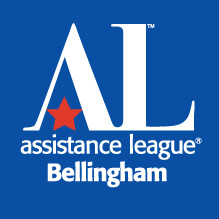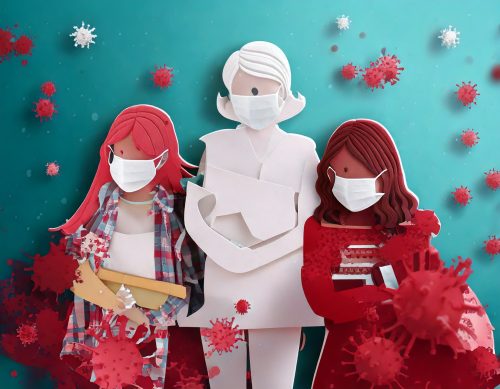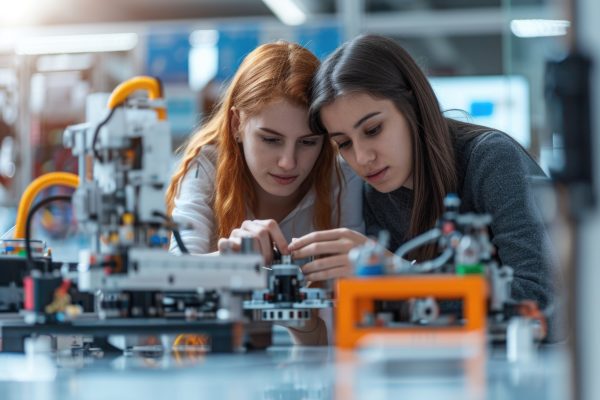The three essays, submitted as scholarship applications to the Assistance League of Bellingham, and shared with Cascadia Daily News, memorialize a significant moment in time. From grief and anxiety to learning to fight for one’s deeply held beliefs, Beatriz Walter, Raya Stiles and Kateri McFall bare raw the tragedies and silver linings of a global pandemic.
Essays have been lightly edited for grammar, punctuation and style.
Finding myself
I believe that these past two years have changed me, in good and bad ways. The past two years have felt dominated by COVID-19, which isolated me from almost everything I cared about in my life. For example, my friends and social life, sports and interests. I think this period in my life enhanced my mindset of the person I am.
When entering quarantine first began, I felt a range of emotions. I was confused because everything felt so different. Spending so much time by myself left me alone with my thoughts. This changed the way I saw myself, which developed insecurity. Insecurity led to anxiety, and anxiety led to lack of motivation to participate in life. I started to question who I was, and why I felt so uncomfortable being myself. I was so used to isolation, I started to accept it.
I despised the fact that I thought this way, that I’d rather be alone than spend time with my family. Now looking back on that person, I know that deep down inside of me, I craved social interaction so badly, and I just wanted to feel like myself again.
But really, I’m glad I went through this phase in my life because if it didn’t happen, I wouldn’t be the person I am today. I think of it as a gain of something rather than a loss. And that gain was finding myself. I realized that I don’t have to be one thing. I am a sister, a daughter, a friend. And after support from the people around me, I decided to let them in. Because I knew that when I broke down those walls, I could save myself. I also recognized that I needed to be a friend to myself most of all.
— Beatriz Walter, while at Bellingham High School
A simple connection
During quarantine, it felt like everyone was trapped in their own little bubbles, isolated from the real world. We each had our safety zone and going out in public felt violating and stressful. I never really had the effort to go outside, and even getting dressed felt exhausting. Without the pressure to make a public appearance, I could practically stay in bed all day!
Now with in-person school and nearly normal standards for everyday life, I am still trying to grasp an everyday routine that fits my schedule. While I did enjoy being able to laze around every day during quarantine, I know that it is necessary to use your willpower and get things done for a healthy lifestyle, and a community of introverts can’t be helpful for the action and change that is necessary for the more suitable future we need.
While the pandemic was a torturing and heartbreaking time for those who lost family, friends or grew sick of living in isolation, I can also view it as a way that we all pulled ourselves together and worked as one to make real change, along with other movements affecting our well-being, including the Black Lives Matter protests, movements against homophobia, and cries for change regarding global warming. I tie these all back to the pandemic because I see that as a time that we all had a moment of realization that we could be the change if we put our minds to it.
I don’t wish to ignore all the dilemmas and downfalls during the pandemic, but I hope we can all remember how we all fought together through it all, even if we were locked away in our rooms. We were joined not by touch but by a mental connection that made our community what it is today.
— Raya Stiles, while at Whatcom Middle School
Editor’s Note: This essay was not titled by its author.
Living in a world that increasingly becomes more and more personable, as more individuals share their lives, has been incredible in so many ways. During the pandemic, everyone was forced to view their lives through different lenses; we evaluated our priorities and some of us made the conscious effort to change them. This look inwards not only affected us individually, but also as a community. Understanding that the aspects of life I took for granted were no longer available, was threatening to me. I struggled with identity the most throughout the pandemic; I no longer had the crutch of my inner circle of friends and had to navigate my life according to my own character, without the whispering opinion of others — both good and bad.
I’ve noticed tremendous efforts by strangers to help each other during our pandemic and the overwhelming amount of selflessness, motivated by our hopes to keep ourselves and our families safe. This altruism was profoundly moving, and it inspired the understanding that I want to focus on my impact on my community; my aspirations lie in my desire to perpetuate the humanity that came to light during the pandemic. My main focus is my education, and as so, I have questioned what I hope to achieve as I grow older.
— Kateri McFall, while at Ferndale High School





